
A professor at a Japanese teachers college has admitted to plagiarism, according to a university report, and was suspended for one month.
On Nov. 24, Hyogo University of Teacher Education announced the results of a misconduct investigation; according to the report, the professor confessed to plagiarizing in a paper.
We translated the notice and were able to learn a little bit about the investigation. Notably missing: both the professor’s and paper’s names.
Here’s how the investigation happened, according to the report: Continue reading University in Japan suspends professor one month for plagiarism


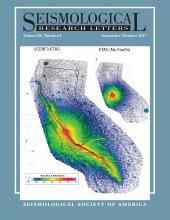

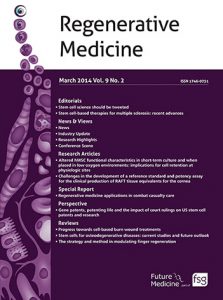
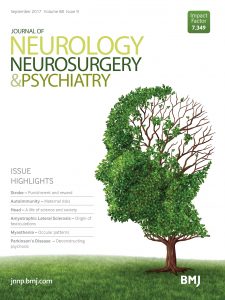
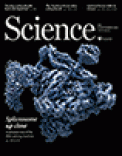
 Last week,
Last week, 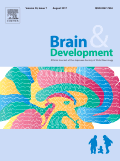 Publishing giant Elsevier has retracted an entire issue of one of its journals because the contents — abstracts from a conference about child neurology — were never supposed to make it online.
Publishing giant Elsevier has retracted an entire issue of one of its journals because the contents — abstracts from a conference about child neurology — were never supposed to make it online.